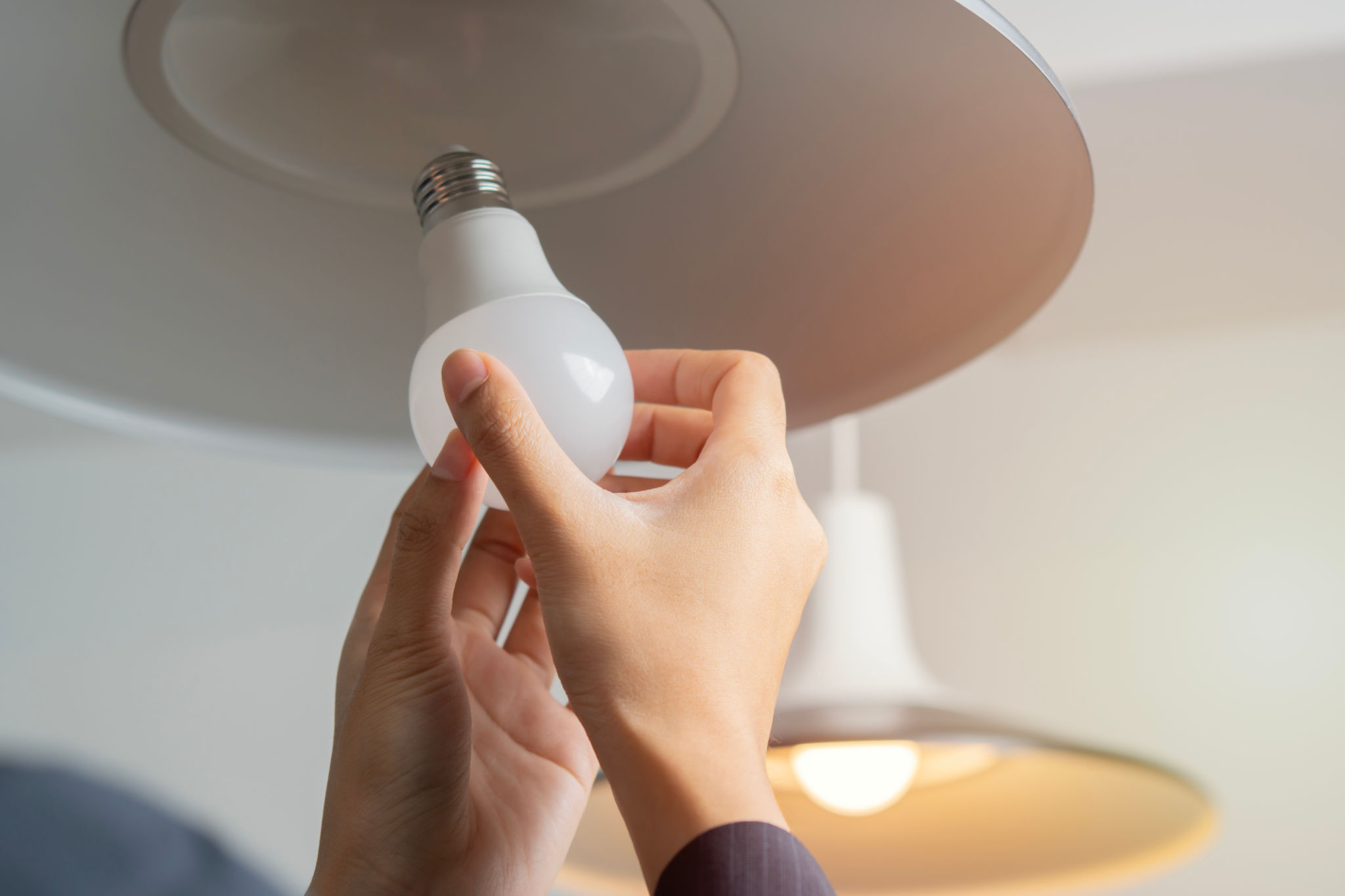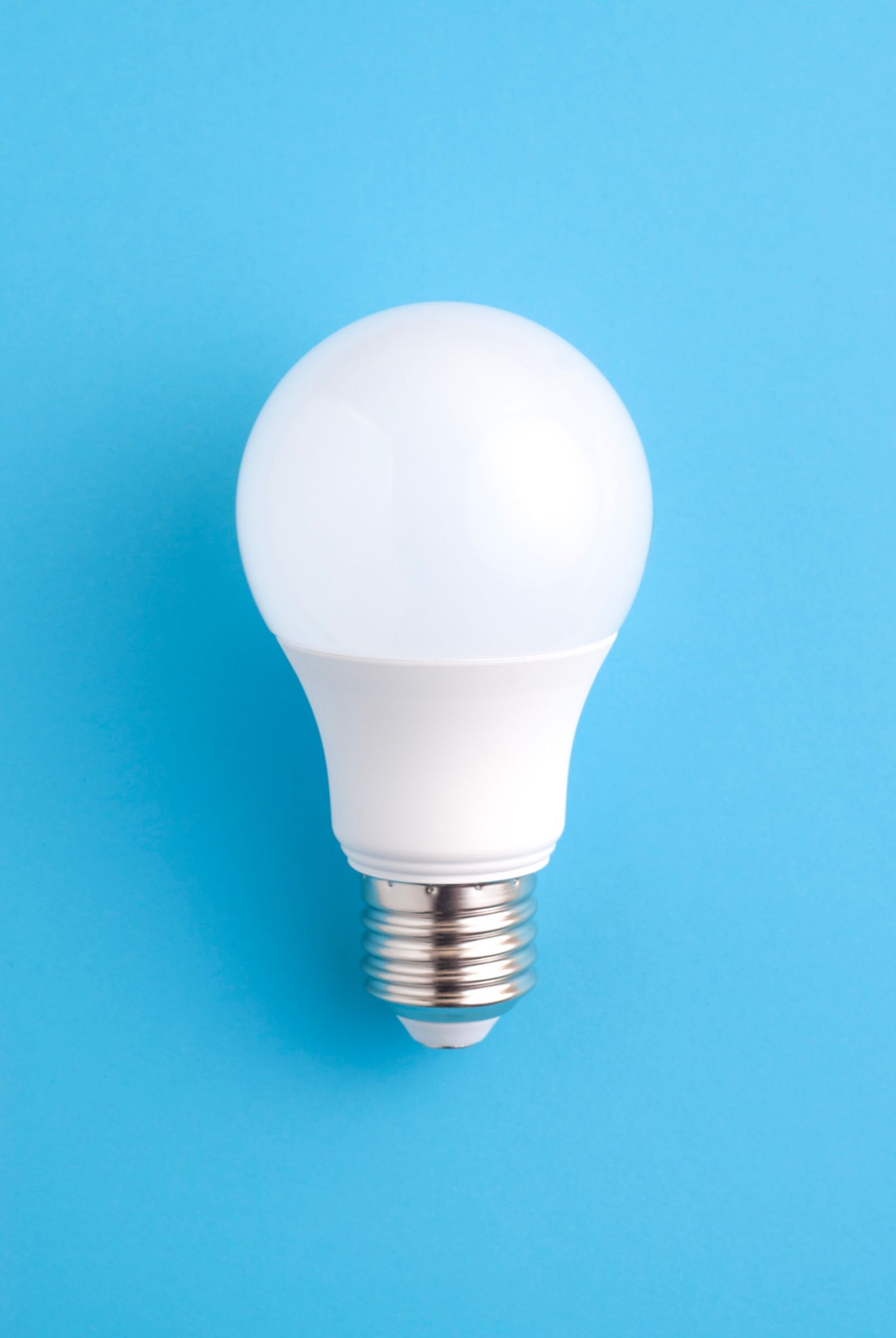Debunking Myths: LED Lights vs Traditional Lighting Solutions
Introduction to LED Lights and Traditional Lighting
For many years, traditional lighting solutions such as incandescent and fluorescent bulbs dominated the market. However, with the advent of LED (Light Emitting Diode) technology, the lighting industry has seen a significant transformation. Despite the growing popularity of LEDs, several myths persist about their efficiency, cost, and functionality compared to traditional lighting. In this post, we'll explore these myths and shed light on the realities of LED lighting.

Myth 1: LEDs Are Too Expensive
One of the most common misconceptions about LED lights is that they are too costly. While the initial purchase price of LEDs can be higher than traditional bulbs, this is offset by their longevity and energy efficiency. LEDs consume significantly less power, reducing electricity bills over time. Moreover, their long lifespan means fewer replacements are needed, saving money in the long run.
Cost-Efficiency Over Time
When evaluating the cost-effectiveness of LEDs, it's essential to consider the total cost of ownership. Traditional bulbs may have a lower upfront cost, but their frequent replacements and higher energy use can lead to greater expenses over time. LEDs can last up to 25 times longer than incandescent bulbs, making them a worthwhile investment.

Myth 2: LEDs Are Not Bright Enough
Another myth is that LED lights aren't as bright as traditional lighting solutions. This misconception likely stems from early LED technology, which was limited in brightness. However, advancements in LED technology have led to the development of bulbs that can produce equivalent or even greater brightness levels compared to traditional options.
Understanding Lumens and Watts
When comparing brightness, it's important to look at lumens, a measure of light output, rather than watts, which indicates energy use. Modern LEDs are available in a wide range of lumens, ensuring they can meet various lighting needs. Whether you require bright task lighting or soft ambient light, there's an LED solution available.

Myth 3: LEDs Have Poor Light Quality
Some people believe that LEDs produce a harsh, cold light that lacks the warmth of traditional bulbs. While early LEDs had limited color temperatures, today's LEDs are available in a spectrum of colors and temperatures, from warm whites to cool blues.
Customizable Lighting Solutions
The versatility of LEDs allows for customization to suit any environment or preference. With adjustable color temperatures and dimmable options, LEDs can create the perfect ambiance for any space. This flexibility is something traditional lighting solutions struggle to offer.
Myth 4: LEDs Are Not Environmentally Friendly
There is also a belief that LEDs are not environmentally friendly. In reality, LEDs are one of the most sustainable lighting solutions available. They consume less energy, which means reduced carbon emissions from power plants. Additionally, LEDs do not contain harmful materials like mercury, which is found in fluorescent bulbs.

A Greener Choice
The durability and efficiency of LED lights contribute to waste reduction. With fewer replacements needed and lower energy consumption, LEDs significantly lessen the environmental impact compared to traditional lighting solutions. Choosing LEDs is a step towards a more sustainable future.
Conclusion: Embracing LED Technology
In conclusion, LED lights offer numerous advantages over traditional lighting solutions. By debunking these myths, it's clear that LEDs are not only cost-effective and efficient but also versatile and environmentally friendly. As technology continues to advance, LED lighting remains at the forefront of innovation, providing high-quality lighting solutions for homes and businesses alike.